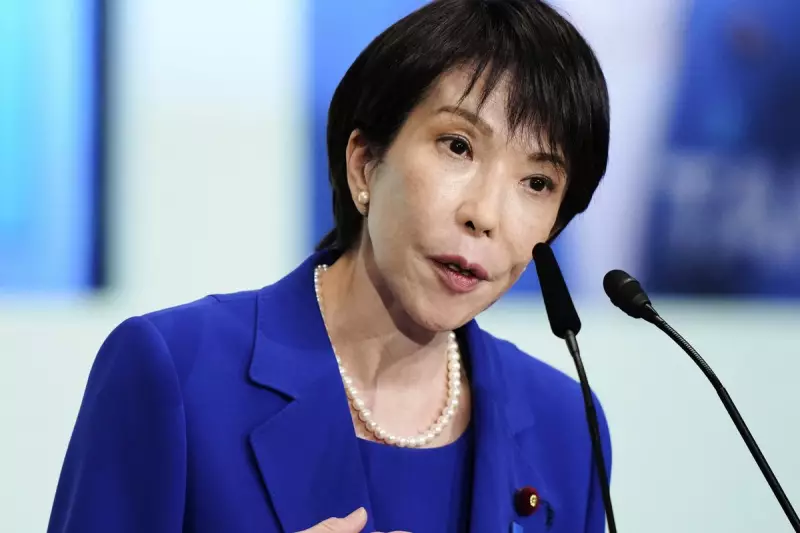
In a remarkable political development, Japan's long-dominant Liberal Democratic Party (LDP) is turning to the legacy of Britain's Iron Lady, Margaret Thatcher, for inspiration as it contemplates fundamental changes to its economic philosophy.
A Transcontinental Political Dialogue
Senior figures within Japan's ruling party have initiated serious discussions about adopting elements of Thatcher's radical conservative reforms. This represents a significant departure from the LDP's traditional consensus-based approach that has characterised Japanese politics for decades.
The political soul-searching comes during a period of reflection for the party following the tragic assassination of former Prime Minister Shinzo Abe. Current Prime Minister Fumio Kishida now faces the challenge of steering his party through this ideological reconsideration while maintaining political stability.
Thatcher's Enduring Legacy in Eastern Politics
Margaret Thatcher's transformative policies during the 1980s, including privatisation of state industries, trade union reforms, and deregulation, created what supporters call the "British economic miracle." These same principles are now being examined by Japanese conservatives seeking solutions to their nation's economic stagnation.
Japanese politicians have expressed particular interest in Thatcher's methods for confronting established interests and implementing unpopular but necessary reforms. The Iron Lady's unwavering commitment to free-market principles and individual responsibility resonates with reformers within the LDP who believe Japan needs similar shock therapy.
Cultural and Political Challenges
However, political analysts question how effectively Thatcherite policies could translate to Japan's distinct cultural and economic landscape. The country's tradition of consensus decision-making and lifetime employment systems presents fundamental differences from 1980s Britain.
Observers note that while the ideological inspiration is clear, any Japanese version of Thatcherism would need significant adaptation to local conditions. The debate within the LDP reflects deeper questions about Japan's future direction in an increasingly uncertain global economy.
This political development underscores the enduring international influence of British conservative thought and demonstrates how political ideologies continue to cross borders, shaping governance approaches worldwide.





